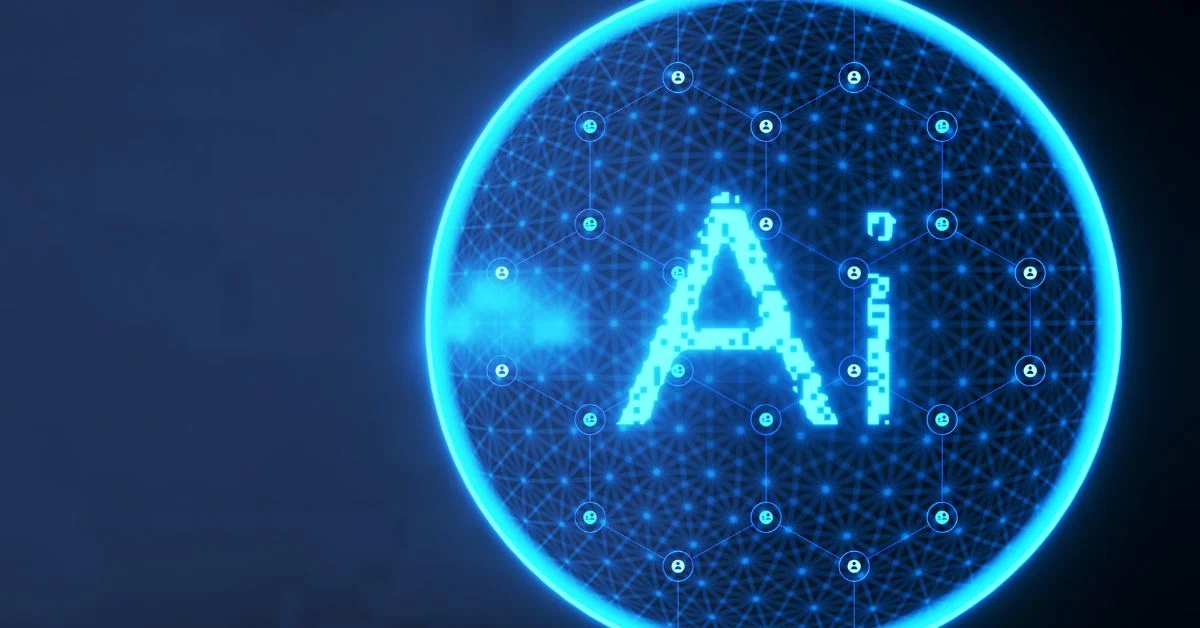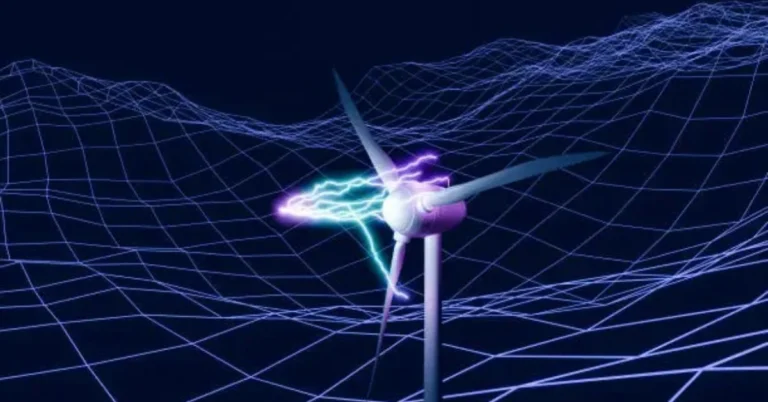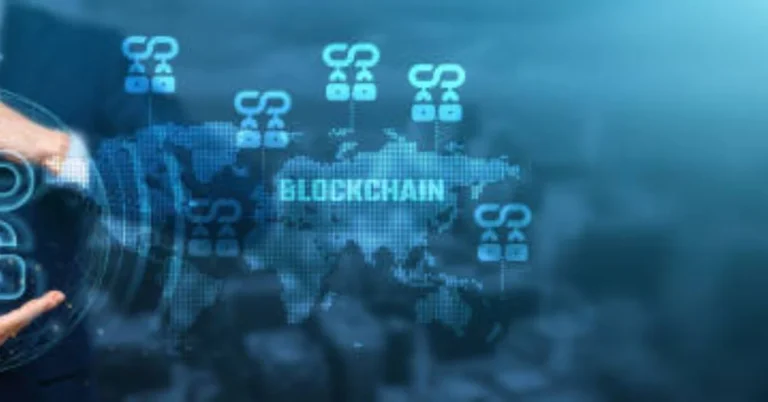
In today’s fast-moving digital era, business operations are no longer defined by manual processes or standalone software tools. Instead, they are shaped by integrated platforms that streamline workflows, centralize data, and allow companies to make smarter, faster, and more informed decisions. One of the most transformative solutions at the heart of this evolution is the AI-driven ERP system. ERP, or Enterprise Resource Planning, has been around for decades as a way to unify business functions, but with the inclusion of artificial intelligence, it has taken on an entirely new dimension.
Nusaker, as a forward-thinking entity, sees the future of its operations and strategic direction tied closely to AI-driven ERP systems. For Nusaker, the future is not just about adopting the latest technologies for the sake of innovation—it is about reshaping business processes to achieve maximum efficiency, predict trends, and improve decision-making capabilities. This comprehensive guide will explore how Nusaker views the integration of AI into ERP, what makes these systems revolutionary, their benefits, their challenges, and the long-term vision Nusaker may follow.
Understanding the Foundation: What Are AI-Driven ERP Systems?
To understand the role they play in Nusaker’s future, it is important to first understand what AI-driven ERP systems mean. Traditional ERP systems are software platforms designed to integrate various aspects of a business—finance, supply chain, human resources, sales, procurement, and customer service—into one centralized system. This integration ensures better visibility across operations and smoother coordination between departments.
AI-driven ERP systems take this traditional model and enhance it with artificial intelligence technologies. By embedding machine learning, predictive analytics, natural language processing, and intelligent automation, these ERP systems do not simply record data or manage workflows—they actively analyze patterns, forecast future scenarios, and suggest actionable strategies. For example, an AI-driven ERP system in Nusaker’s supply chain could predict disruptions before they occur and recommend alternative sourcing solutions, preventing costly downtime.
Why AI Matters for ERP Evolution
Artificial intelligence matters because it transforms ERP systems from being static data managers into dynamic decision-making partners. Instead of waiting for users to extract and analyze data, AI proactively works behind the scenes. This shift has several implications:
- Predictive Insights: AI can forecast demand, customer behavior, or financial risks, giving companies an edge in planning.
- Automation of Routine Tasks: Manual entry, approvals, and reconciliations can be automated, reducing errors and freeing up human resources for strategic work.
- Enhanced User Experience: With natural language processing, employees can interact with ERP systems as easily as speaking to a digital assistant.
- Adaptive Learning: The system learns from historical data, meaning it gets smarter and more accurate over time.
For Nusaker, this means transitioning from reactive business models to proactive ones, where decisions are based on real-time intelligence rather than historical lag.
Nusaker’s Vision for the Future with AI-Driven ERP
Nusaker sees AI-driven ERP systems not just as tools but as the foundation of its business ecosystem for the future. The vision is centered on creating an organization where processes are data-led, predictive, and intelligent rather than repetitive or manual. Some aspects of this vision include:
- Integrated Operations with Minimal Silos
Instead of departments functioning separately, AI-driven ERP systems would ensure that all data—financial, operational, or customer-based—is connected seamlessly. This would help Nusaker create a single source of truth that supports transparency and alignment. - Decision-Making Powered by AI Forecasting
Executives and managers would rely on predictive insights to plan budgets, anticipate market trends, and optimize resource allocation. This reduces guesswork and allows strategy to be guided by solid, evidence-based projections. - Agility and Scalability
Nusaker aims for ERP systems that grow as the organization grows. AI-driven ERP platforms are inherently scalable, capable of adapting to new markets, products, and demands without major restructuring. - Employee Empowerment
By automating repetitive tasks, AI allows employees to focus on high-value activities such as innovation, strategy, and relationship management. Nusaker envisions a workforce supported by AI tools rather than burdened by administrative duties. - Customer-Centric Transformation
With AI analyzing customer data in real time, Nusaker can deliver personalized experiences, anticipate customer needs, and respond with greater speed and precision.
Key Features of AI-Driven ERP Systems Nusaker Embraces
Nusaker’s roadmap for future ERP adoption includes several key AI-driven features that redefine how enterprises function:
Predictive Analytics
By applying machine learning algorithms, ERP systems can predict inventory shortages, market shifts, or fluctuations in cash flow. This ensures that managers are always a step ahead rather than responding to problems after they occur.
Intelligent Process Automation
Nusaker’s future systems will automate tasks such as invoicing, payroll processing, and data reconciliation. This minimizes errors, reduces costs, and improves productivity.
Natural Language Interfaces
With natural language processing, employees could interact with ERP systems through voice commands or chat-like interfaces, making adoption smoother and reducing training needs.
Real-Time Decision Dashboards
AI-driven ERP platforms provide dynamic dashboards that update instantly, allowing decision-makers at Nusaker to respond to market developments as they happen.
Continuous Learning Systems
The ERP doesn’t just run operations—it learns from data. Each cycle of business feeds back into the AI, which fine-tunes its models for even greater accuracy.
Benefits of AI-Driven ERP for Nusaker
Operational Efficiency
Automation reduces reliance on manual processes, cutting down inefficiencies. Nusaker can streamline workflows, accelerate reporting, and manage operations at reduced costs.
Strategic Agility
The ability to predict market changes and adapt quickly will give Nusaker a competitive edge. Strategies can be refined faster, enabling the organization to stay ahead of competitors.
Cost Optimization
Errors, wastage, and delays are minimized, resulting in better financial management. AI-driven ERP systems can even suggest ways to optimize spending.
Enhanced Collaboration
Since data is centralized and accessible, teams across different departments can work together more effectively, reducing silos and misunderstandings.
Improved Customer Experience
Real-time analytics allow the company to personalize services, respond faster to inquiries, and build stronger customer loyalty.
Challenges in Adopting AI-Driven ERP Systems
Even with their potential, AI-driven ERP systems come with challenges. Nusaker acknowledges that adoption is not without hurdles:
- High Initial Investment: Implementing ERP systems with AI features requires significant upfront costs.
- Change Management: Employees must adapt to new technologies, which requires training and cultural shifts.
- Data Security Risks: With increased reliance on data, protecting sensitive information becomes even more critical.
- Complex Integration: Integrating AI-driven ERP with legacy systems may prove difficult.
- Continuous Maintenance: Since AI models evolve, systems need ongoing updates and monitoring.
Nusaker’s approach involves addressing these challenges with structured rollouts, employee education programs, robust cybersecurity frameworks, and phased integration strategies.
Future Outlook: Where Nusaker is Heading
Nusaker envisions a future where AI-driven ERP systems become the backbone of global competitiveness. As industries continue to digitize, companies that fail to adapt risk becoming obsolete. For Nusaker, ERP is not simply about managing today—it is about building resilience for tomorrow.
- AI and IoT Integration: Future ERP systems will integrate with IoT devices, enabling real-time monitoring of supply chains, assets, and customer usage patterns.
- AI-Powered Sustainability: ERP systems will analyze environmental impact and optimize energy usage, aligning with global sustainability initiatives.
- Global Expansion Support: AI-driven ERP will make it easier for Nusaker to enter new markets by handling multi-currency, multi-language, and regulatory compliance seamlessly.
- Human-AI Collaboration: Rather than replacing humans, ERP systems will act as collaborators, amplifying human creativity and problem-solving capacity.
Frequently Asked Questions (FAQs)
Q1. What makes AI-driven ERP systems different from traditional ERP?
Traditional ERP manages data and workflows, while AI-driven ERP adds intelligence by analyzing, predicting, and automating processes.
Q2. How will Nusaker benefit from adopting AI-driven ERP?
Nusaker will gain operational efficiency, predictive decision-making, cost savings, and the agility to adapt to market changes.
Q3. Are AI-driven ERP systems expensive to implement?
Yes, initial costs can be high, but the long-term savings, efficiency, and scalability make them a worthwhile investment.
Q4. How do AI-driven ERP systems improve customer experience?
They analyze customer data in real time, enabling personalization, faster responses, and better service delivery.
Q5. What challenges might Nusaker face with these systems?
Challenges include integration with legacy systems, employee adaptation, cybersecurity risks, and the need for ongoing updates.
For more information, click here.







